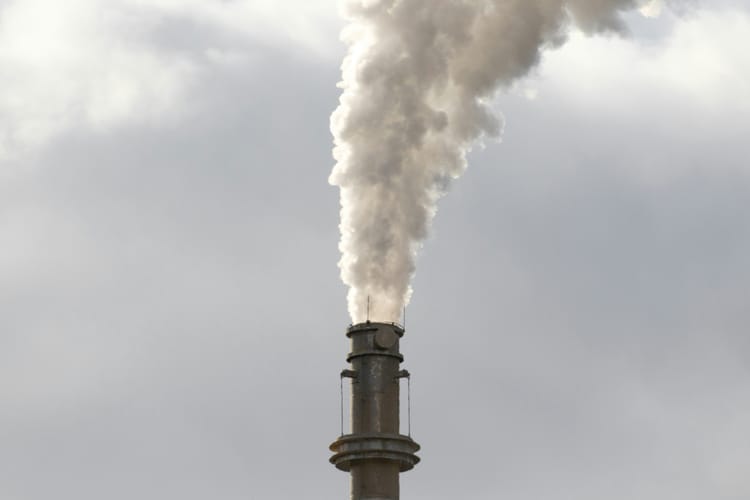Change is afoot in sustainable finance labels – and policies

New greenwashing accusations and a recent French ruling are likely to help investors finally hone down on what they can call “sustainable finance” in 2024.
Europe’s sustainable finance landscape may change dramatically in the coming year, after the French government ruled that funds bearing its socially responsible investment (ISR) label can no longer invest in companies engaged in any new fossil fuel development from 2025.
Fossil fuel firms now off limits under France’s ISR label
Funds seeking the label this year will already have to comply with the updated rules, which also include an obligation to conduct a double materiality assessment and disclose the process through which they assess the ESG performance of their portfolios and deal with potential controversies, from March.
The move was welcomed by industry associations such as the Responsible Investment Forum (FIR) for “strengthening” the sustainable finance landscape. Experts believe that it could lead to billions of euros worth of forced divestments over the course of 2024 as many global investors market the same sustainable funds across Europe.
“Firms whose funds want to keep that label may need to divest from a large range of traditional energy companies over the next year. At present, billions in ISR funds is invested in companies undertaking the activities above. This could accelerate the creation of non-ISR ringfenced transition finance vehicles for high-emitters. It could also help address some of the credibility concerns facing ESG investing,” said David Carlin, Head of Climate Risk at the UN Environmental Programme Finance Initiative.
In comparison, the new Sustainability Disclosure Requirements (SDR) unveiled in November by the UK’s Financial Conduct Authority (FCA) introduced a rule requiring firms to “identify and disclose” if their investments “could result in negative environmental and/or social outcomes”, but does not involve any sector exclusions. Financial research firm Morningstar expects 300 funds to apply for a new sustainability label this year.
Canadian banks’ sustainability claims challenged
Meanwhile in Canada, a complaint has been filed with financial regulators alleging “misleading disclosure by Canada’s big five banks [RBC, BMO, CIBC, Scotiabank and TD] regarding their sustainable finance activity”.
Investors for Paris Compliance (IPC), the watchdog that has brought the complaint, warns that these banks have made “sustainable finance” pledges totalling US$2 trillion by 2030, yet none of them discloses the emissions impact of their sustainable finance activities. Additionally, IPC claims to have found several instances “where sustainable finance deals have increased instead of reduced emissions”.
“At best, sustainable finance as currently practised by Canada’s big banks is a $2 trillion placebo at a time when we need strong medicine to reduce emissions,” said Matt Price, Executive Director of IPC. “At worst, it is greenwashing of carbon-intensive businesses, misleading investors and the public.”
The case could lead to a strengthening of sustainable finance regulations in Canada, as the group is asking regulators to require the disclosure of the emissions impacts of sustainable finance activities.
Detailed financed emissions disclosure requirements are also being considered by the Basel Committee – and could apply as early as 2026.
Sustainable finance needs a boost
Regulatory changes providing more clarity on what sustainable finance is – and which activities are incompatible with that label – could help propel the entire financial sector towards the green economy.
This is much needed as analysis shows that many financial institutions backtracked on their green finance activities in 2022. According to BloombergNEF research, for every dollar of bank financing provided to fossil fuels in 2022, $0.73 supported low-carbon energy – a decline from $0.75 in 2021, and far below the 4:1 ratio needed this decade to meet Paris Agreement goals.
An August 2023 report by InfluenceMap also found that 45 of the world’s largest asset managers made no significant progress on climate goals between 2021 and 2022 – with 95% of the portfolios analysed “misaligned with the goals of the Paris Agreement”.
The ratio of fossil fuels to green investments among these asset managers was even worse than that of banks, as they were found to collectively hold 2.8 times more equity value in fossil fuel production companies (US$880 billion) than in green investments (US$309 billion).
Read also: Sustainability-linked loans are not (yet) where they need to be







Member discussion